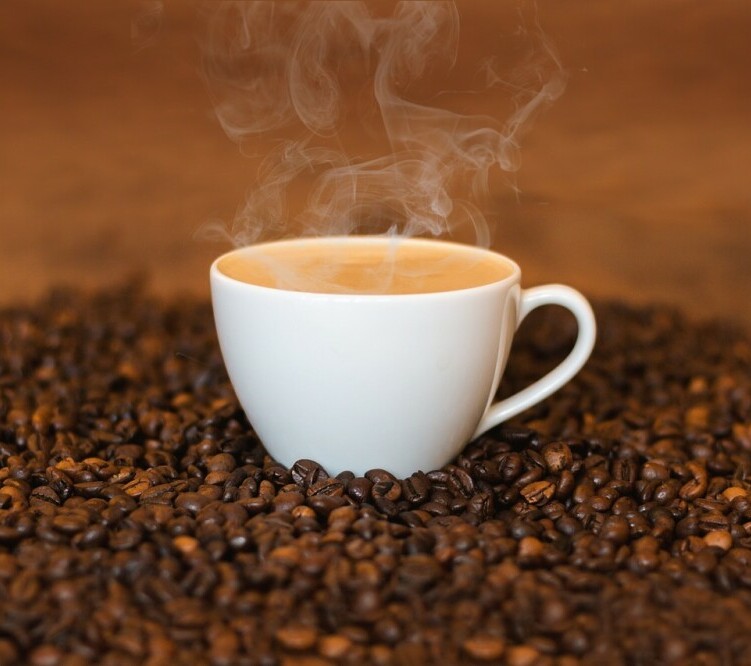Intermittent fasting is an eating pattern that’s gained massive traction for its health and lifestyle benefits. Imagine fasting as your body’s reset button, giving your digestive system a much-needed pause and possibly aiding in weight loss and improved metabolic health.
While it might seem like food gets all the spotlight, what you drink during these windows is just as crucial.
Hydration is your silent ally in fasting. Choosing the correct beverages can make or break your fasting efforts. This isn’t just about quenching thirst; it’s also about keeping your body nourished and hydrated without interrupting your fast.
I’m here to help you navigate these choices. By the end of this article, you should be well-equipped to choose drinks that complement your fasting while still offering some enjoyment during your day.
Hydration and Fasting: The Non-Negotiables
So, you’ve decided to try intermittent fasting—that’s fantastic! You might wonder what’s safe to drink that won’t disrupt your fast. Now, the cornerstone of any fasting protocol is hydration. Without sufficient water, your body can’t perform at its best.
Let’s bust a common myth: drinking water does NOT break your fast. It’s your best ally. Whether still, sparkling, or infused with a slice of lemon, water keeps you hydrated without impacting the fasting state.
But what about different types of water? Flavored or carbonated water often comes to mind. Here’s the good news: as long as it’s calorie-free and doesn’t contain sugars or artificial sweeteners, it’s typically safe to sip on.
Recognizing the signs of dehydration is also crucial. Look out for headaches, dizziness, or excessive fatigue. These symptoms can signal that you need to up your water intake. While everyone’s water needs differ, a general guideline is to drink when thirsty and aim for around eight glasses a day or more if you’re active or live in a hot climate.
Now, let’s prepare to move beyond water and explore what other beverages might safely fit into your fasting routine without drawing the curtain on your efforts.
Safe Sips: What Can You Drink During the Fasting Window?

So, you’re in the thick of your fasting window and feeling the pinch for something more than plain water. I get it and am here to walk you through what’s on the safe list.
First up, we’ve got the classics: black coffee and tea. But hold on—no sugar or milk additions here. Why? Because we’re focusing on keeping your calorie intake at a clean zero to maintain that fasted state.
If you’re curious about artificial sweeteners, here’s the scoop: They won’t technically break your fast by causing an insulin response. However, they can signal to your body that food is incoming, which can muddy the waters. Stick to unsweetened drinks if you can.
Apple cider vinegar is often mentioned in fasting circles and is frequently hailed for its potential health benefits. If you like the tang, add a splash to some water. It’s low in calories so that it won’t break your fast, but as with anything, moderation is key.
Then there’s the topic of bone broth. Yes, it does have calories, but they are minimal. Some fasting purists might raise their eyebrows, yet others argue that the nutrients and electrolytes it provides are worth the trade-off. If you include bone broth, stay mindful of its impact on your fasting goals.
Here’s what it boils down to. If you’re sipping something with minimal to no calories and no significant nutrients or sugars that could trigger digestion or an insulin spike, you’re likely in the clear. Your fasting window is about rest from digestion, so keep it simple with fluids that support this goal.
Enjoyable Elixirs: Beverage Choices in the Eating Window
The eating window in intermittent fasting isn’t just a time to eat; it’s when you can indulge in a broader range of beverages. You’ll find out how to make the most of this time while maintaining the benefits of your fast.
Smoothies and freshly squeezed juices are a treat, and when consumed responsibly, they can complement your intermittent fasting plan. Packed with vitamins and fiber, they’re more than just a refreshing choice – they’re nutritious. Be cautious of the sugar content and opt for low-sugar fruits and veggies.
Milk and dairy alternatives are also available during your eating window. The key is moderation, whether you choose cow’s milk, almond milk, or soy. These drinks provide calcium and protein but add to your calorie intake. Choose something that resonates with you and fits within the goals of your dietary plan.
Now, what about alcohol? It’s often a question on many fasters’ minds. Moderate alcohol consumption can be incorporated into intermittent fasting, but timing and quantity are critical. Alcohol can affect your blood sugar and appetite, so it’s best enjoyed in moderation and earlier in your eating window to avoid disrupting your sleep or fasting state.
Monitoring how different drinks affect your energy levels, hunger, and overall well-being is essential. Don’t worry too much about it—experimenting with other beverages can help you learn what works best for your body.
Frequently Asked Questions and Best Practices

That’s a lot to take in. You’ve got a handle now on what drinks can support your intermittent fasting goals and which can throw a wrench into your plans. But as with anything new, questions are bound to pop up.
Let’s tackle some common ones. You might wonder if it’s ever okay to have a cheat day drink-wise. Or if there’s an ideal beverage that’s both fasting-friendly and beneficial for your eating window.
If you’re asking about the best time to imbibe certain beverages, here’s a quick tip: caffeine is great early during your fasting period to boost metabolism, but avoid it closer to your eating window to prevent sleep disturbances. Herbal teas are fantastic at any time due to their calming properties. Now, about the cheat days: balance and understanding the possible impact on your fasting state. A splash of milk in your coffee isn’t disastrous, but listening to your body and being honest about your goals is crucial. There isn’t a one-size-fits-all approach here.
If a strict black coffee regimen doesn’t resonate with you, perhaps a dash of cinnamon or a few drops of stevia would be your magic bullet. Just don’t focus too much on perfection.
The key is to choose something that resonates with you and aligns with your intermittent fasting principles.
I encourage you to customize your fasting plan, including your chosen drinks, to fit you perfectly. Fasting is highly personal, and by staying informed, listening to your body’s signals, and being adaptable, you’ll find your groove.
Remember, don’t hesitate to contact a healthcare professional with specific concerns or if intermittent fasting is a new arena.
I hope you found this guide handy and that it’ll help you navigate your intermittent fasting journey more confidently. Keep exploring, stay hydrated, and find your perfect fasting routine.
Choose wisely, and enjoy your health journey!

I do intermediate fasting. For me I mostly just drink coffee throughout the day and in particular black coffee. Simply because I do not want the cream which is high in sugar and has some calories as well. Also I like the taste of black coffee. It can be good for keeping your appetite down.
Drinking black coffee wouldn’t break your fast, so it’s good that you like the taste. I am not fond of black coffee, so I personally enjoy teas if I don’t want to drink water only during my fast.